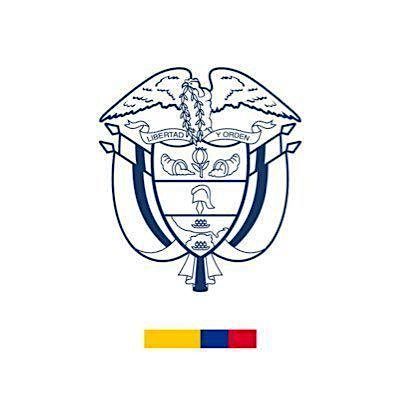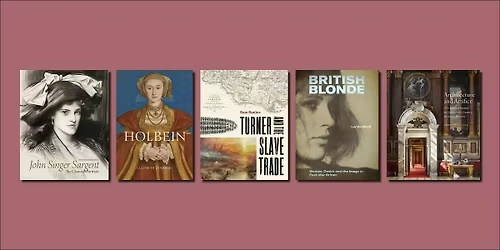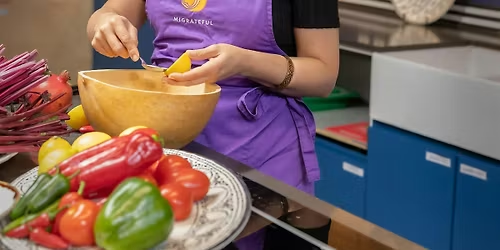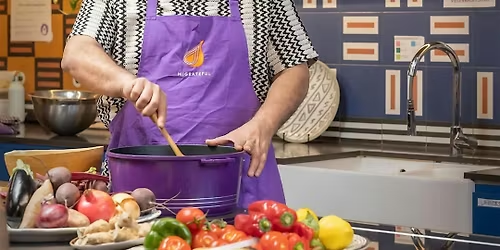
About this Event
The Embassy of Colombia to the United Kingdom and the Anglo-Colombian Society are pleased to invite you to an academic dialogue about the 200 years of history between Colombia and the United Kingdom as part of the celebration of the bicentenary of diplomatic relations between both countries.
The panel “Colombia and United Kingdom: Celebrating 200 years of shared history” will be composed by the following academics:
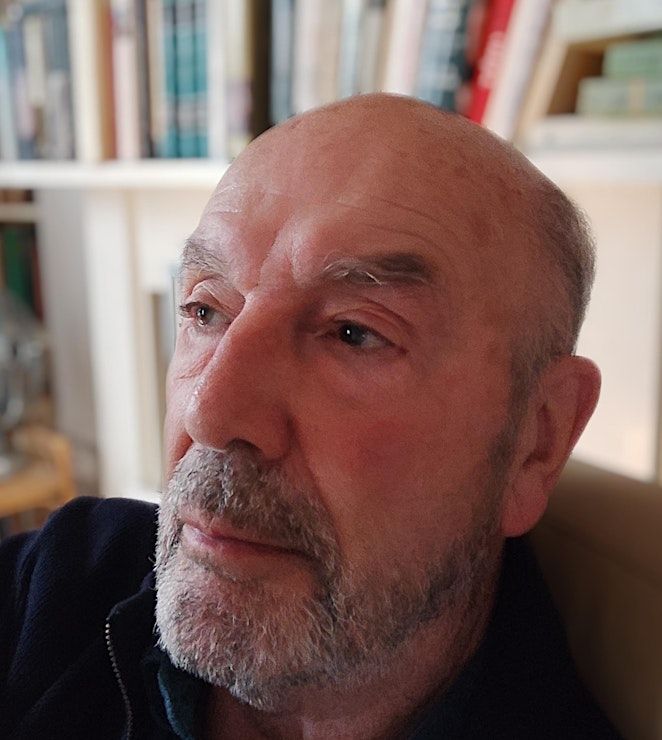
Anthony McFarlane
Anthony McFarlane is Professor Emeritus of History at the University of Warwick. A specialist in the history of Latin America, his published work has focused on colonial Colombia and Ecuador, on the history of the first British Empire, the comparative study of Euro-American empires, and the independence of Spanish America. His books include Colombia before Independence: Economy, Society and Politics under Bourbon Rule (Cambridge UP, 1993); The British in the Americas, 1480-1815 (Longmans, 1994); War and Independence in Spanish America (Routledge, 2013); and, with William Potter, A History of the Americas (Arcturus, 2025). He is a corresponding member of the Academia Colombiana de Historia.
Topic:
Before its emergence as an independent republic, Colombia’s image in and connections with the international world were shaped by its position as a Spanish colony. This began to change during the late eighteenth century, when the European colonial powers entered a period of rapid and intense change in their relations with each other and with their American colonies. Spain’s dominions in Nueva Granada and Venezuela were exposed to intensifying inter-imperial warfare, competition for economic resources, cultural changes associated with the Enlightenment, and the repercussions of the American and Haitian revolutions. Within this context, I’ll focus on the part played by relations between Colombia and Britain in the creation and early development of the Republic of Colombia.
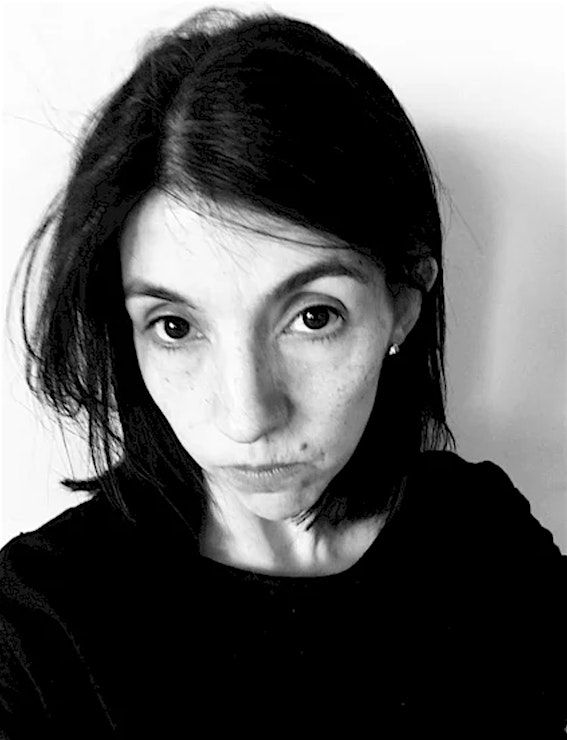
Ana Maria Otero
Ana María Otero-Cleves, D. Phil Oxford in Modern History, is a Lecturer in the History of Latin America at the University of York. She joined York in 2023, having previously held the position of Associate Professor at Universidad de los Andes (Bogotá, Colombia). Born and raised in Colombia, Otero-Cleves specialises in the history of nineteenth-century Latin America, with a particular interest in the history of consumption and material culture, global history and legal culture. She is the author of Plebeian Consumers: Global Connections, Local Trade and Foreign Goods in Nineteenth-Century Colombia, winner of the Toynbee First Book Manuscript Workshop Competition (2022), (Cambridge University Press, 2025). Her work has been published in a number of journals in English and Spanish, such as the Hispanic American Historical Review, the Journal of Latin American Studies and Historia Crítica.
Otero-Cleves is also an enthusiastic public historian and co-founder the public history initiative Historias para lo que Viene (Histories for what’s to come). Historias para lo que Viene is a collaborative project in which historians, public humanists, and communities affected by the Colombian armed conflict come together to aid the process of peacebuilding in Colombia, through public history workshops and other collective projects, including #ClasealaCalle. (@clasealacalle).
Topic:
For a long time, the nineteenth century in Latin American history was portrayed as a period of anarchic turmoil and pointless division. But recent evidence offers a different picture. Increasingly, historians now view the building of the new republics (1820s-1870s) as an age of political experimentation and innovation. This body of scholarship has, in turn, invited us to re-examine Colombia’s global connections and the multidirectionality of its relationship with Britain. Drawing on my study of the cultural, social, and political impact of the circulation and consumption of imported British objects and the commercial exchanges between the two countries, this short intervention will show what 'other histories' we can reveal about the nineteenth century.
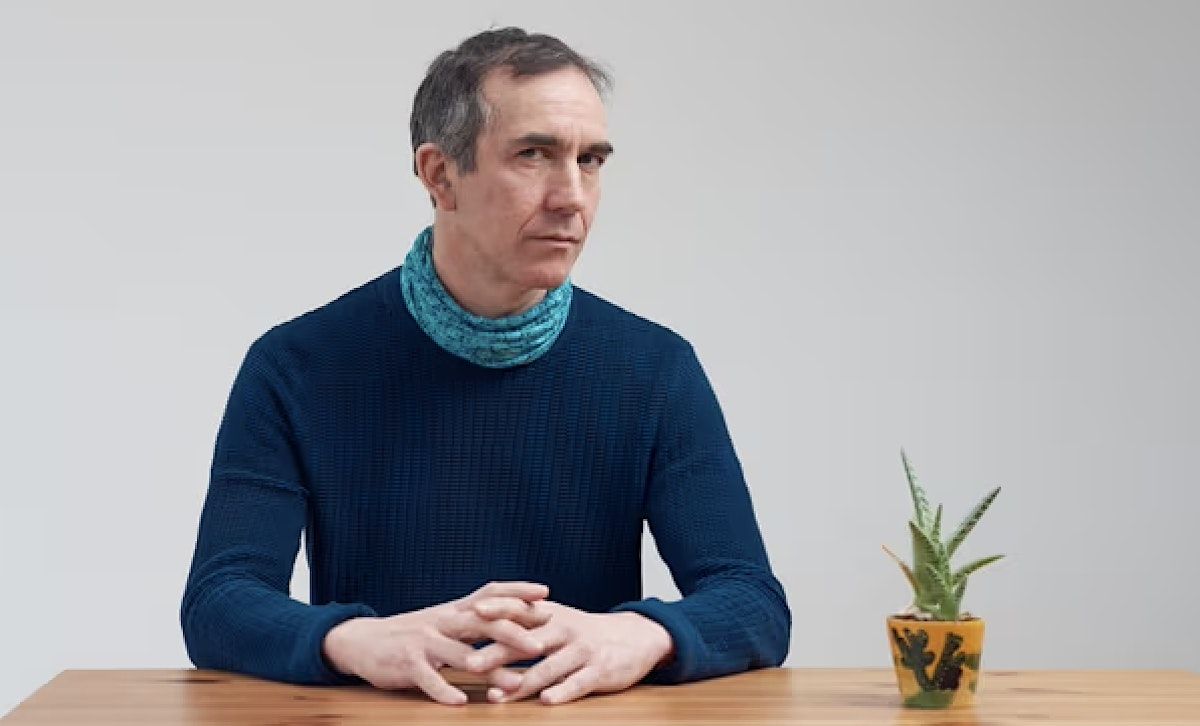
Matthew Brown
Matthew Brown is Professor in Latin American History at the University of Bristol. He is the author of several books on Colombian history, and most recently, of Sports in South America: A History (Yale UP, 2023). He was the co-director of MEMPAZ: Bringing Memories in from the Margins, an interdisciplinary research collaboration with the Universidad Nacional de Colombia (2018-2023) which used creative methods to informal historical memory work.
Topic:
Before and after formal British recognition of Colombian independence, many Britons and Colombians crossed the Atlantic seeking adventure, status and opportunities in each other’s lands, centred around military and diplomatic circles. They formed relationships, histories, and networks. In the early 21st century, the Newton and Caldas funds enabled a new wave of collaboration, this time in the fields of science and historical memory. What was it like to work in these partnerships? What did they achieve? Were they an innovation or a reworking of old histories? I’ll reflect on these historical themes and on the practicalities detailed in this co-authored article in Rethinking History.
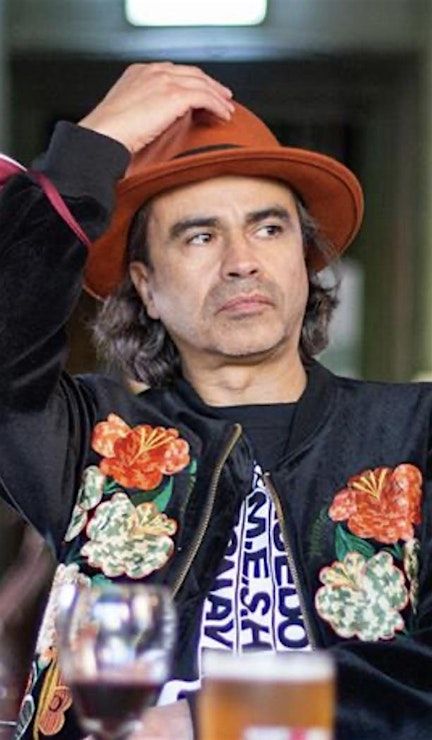
Oscar Gaurdiola-Rivera
Oscar Guardiola is an award-winning Colombian writer and philosopher, one of the pioneers of the decolonial turn in the social sciences and humanities. He has contributed to The Guardian, The Independent, BBC World, Al Jazeera, El Diario, and El Espectador, among others. His poetic novel Under the World (The 87 Press, 2024) and his essay-memoir A Hopeful Political Imagination (Bloomsbury, 2025) will be the subject of a conversation at the Hay Winter Festival this November in Wales.
Topic:
How to decolonize our ways of seeing as we celebrate 200 years of Anglo-Colombian relations? Just like images, history also migrates. I’ll use a few images to show how we may be able to return our gaze from the Americas to Britain ot reveal a different history, an entangled and two-way story. Thereafter, we shall see that Colombia and the rest of the Americas invite us to move backwards looking forwards – changeability gives us a new way of the sense of progress and ideas.
Event Venue & Nearby Stays
Swedenborg Hall, Barter Street, London, United Kingdom
GBP 0.00
